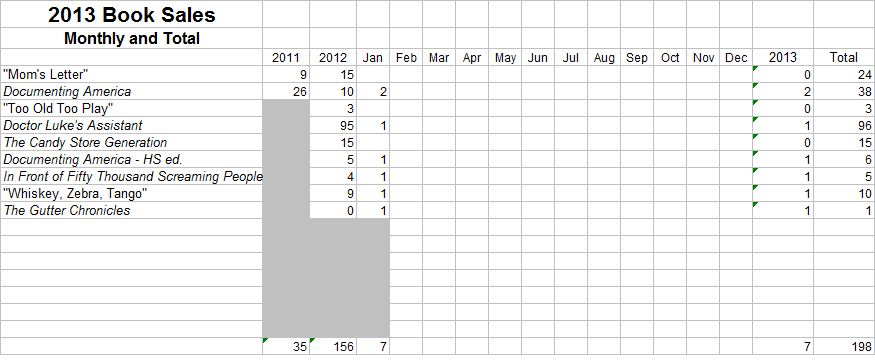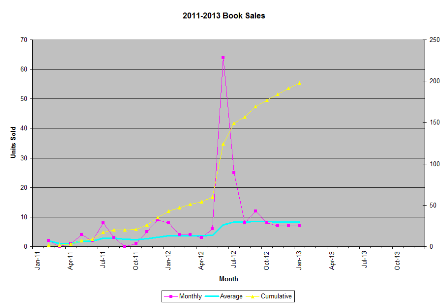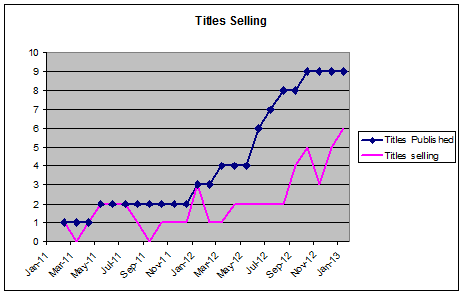China Tour is done. As I posted on my Facebook author page, I finished the first draft of the novel on Sunday March 17. The word count is 71,571.
Now I’m letting it sit for a while. Not too long, however. I think about a week. I’m anxious to edit it and publish it. It’s also possible a plot hole or two may need to be filled. Early in the book I may allude to something later in the book, only to find as I wrote that I never added the thing I intended. Those all have to be fixed. My past experience is that the first round of edits will result in more words, as I think of things I need to clarify, or more references to put in, especially in a book in a foreign culture as this is. I suspect I’ll add close to 1,000 words in this edit.
The second round of edits will be for the purpose of trying to reduce the word count. A first draft will almost always be wordy. Too many modifiers, too much passive voice, too many times of not thinking whether a certain word is needed. I don’t know where this will end up. It’s possible I’ll find whole sentences to come out or paragraphs to drastically trim. Those 1,000 words from the first edit may be offset and more in the second edit.
Edits after that will consist more of proof-reading, and incorporating things that beta readers might find. Not that my past experience with beta readers pointing out minor glitches is all that good. Normally I receive, if I’m lucky, general feedback about publishability, though on well over half of the books I’ve given out to beta readers I heard nothing from them at all, not even if they read the book.
So for a week, or two at the most, I’m not writing new material or even editing. I’m going to use this time to do the following.
- Prepare Doctor Luke’s Assistant and In Front of Fifty Thousand Screaming People for issue as print books. I finished most of DLA last night, and should finish it tonight.
- Complete, or at least get well along, on my 2012 income taxes. I’ve made a start, though there’s much more to go.
- Decide on whether to enter two or three poems in a poetry contest. At $5 per entry it’s probably throwing money away, but….
- Write a query letter for a magazine article idea I have and sent it to a major Christian magazine.
- Write and mail a genealogy letter to a cousin. I’ve been putting this off due to busyness.
- Keep up with blogging.
- File a bunch of stuff.
- Work with the cover designer for China Tour.
So the time will be full, just not on new writing.



